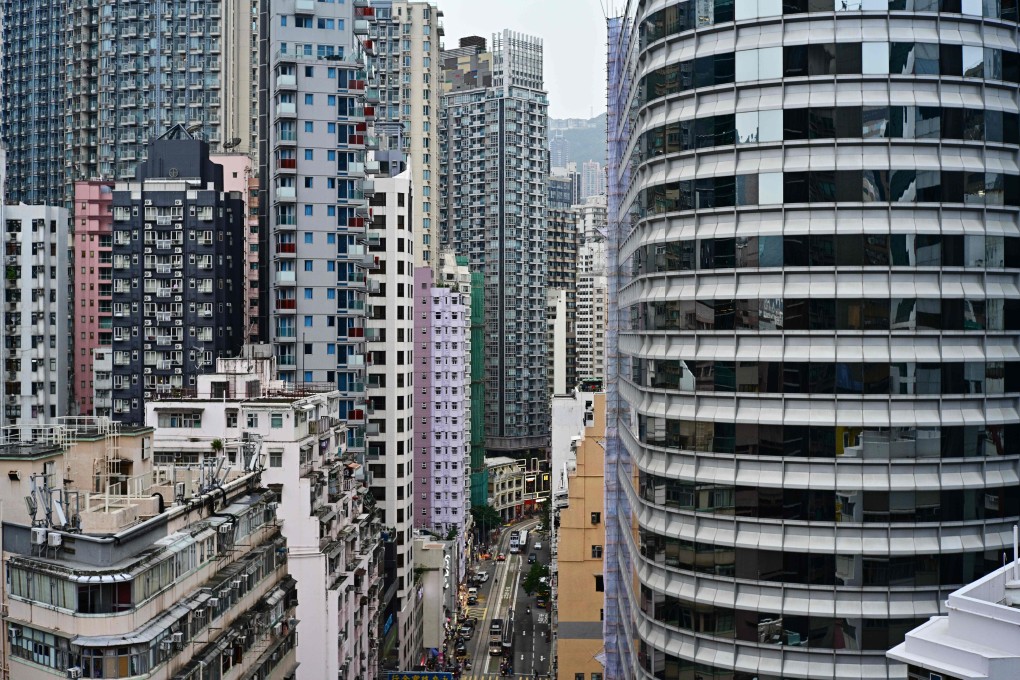Advertisement
Opinion | Vancouver’s ‘spicy measures’ have worked to lower property prices. Why haven’t Hong Kong’s?
- A series of taxes imposed in the city and the wider British Columbia province supports the government’s determination to rein in prices
- A good place to start would be Hong Kong’s proposed vacancy tax
Reading Time:3 minutes
Why you can trust SCMP
0

Hong Kong’s real estate market is rising again. The most recent Centa-City Leading Index indicates that the second-hand property price has gone up for 11 consecutive weeks. The index shows a cumulative increase of 7.8 per cent, to 183.91, which is not far off last year’s high of 188.64.
Clearly, the so-called “spicy measures” of Chief Executive Carrie Lam Cheng Yuet-ngor’s government, aimed at suppressing property prices, are ineffective. They are nothing more than a paper tiger. Real estate developers have simply adjusted their strategies accordingly, and will continue to do so.
For example, the proposed tax on empty flats would apply only to newly completed apartments that have been left vacant for a year or more from developers’ receipt of occupation permits. Developers could easily avoid the tax by delaying the roll-out of completed flats. As supply goes down, the real estate market will inevitably go up; the government’s plan is doomed to fail.
If Lam is serious about declaring war on real estate hegemony in Hong Kong, she could learn from the British Columbia government in Canada.
In fact, Vancouver, one of the priciest real estate markets in North America, had refined its policies with reference to Hong Kong’s measures. In 2016, the British Columbia government introduced a 15 per cent tax on foreign buyers to control skyrocketing property prices. This move had little effect on the market, however, and in 2018, the government raised it to 20 per cent. As a result, the number of foreign buyers, especially those from mainland China, fell sharply.
In addition to the foreign-buyer tax, in 2017 Vancouver imposed an empty home tax equivalent to 1 per cent of the property’s assessed value. Unlike Hong Kong, it calculates the tax based on the sale valuation of the property instead of the rent valuation.
Advertisement
